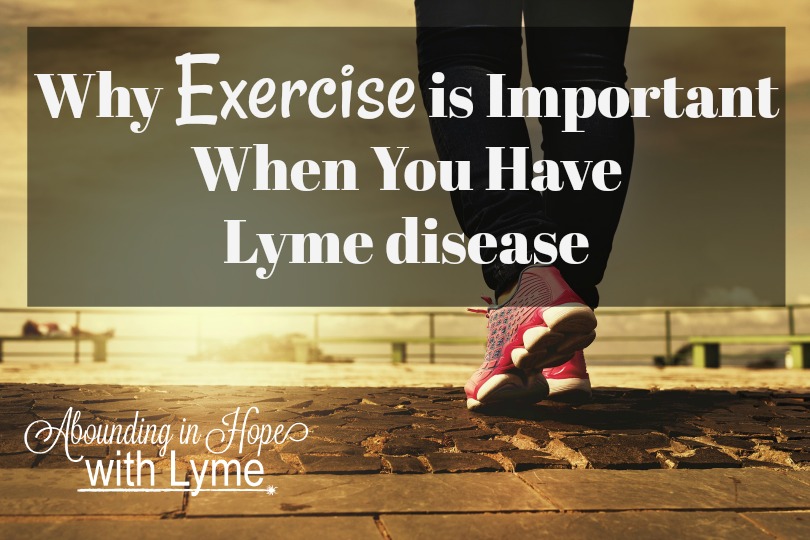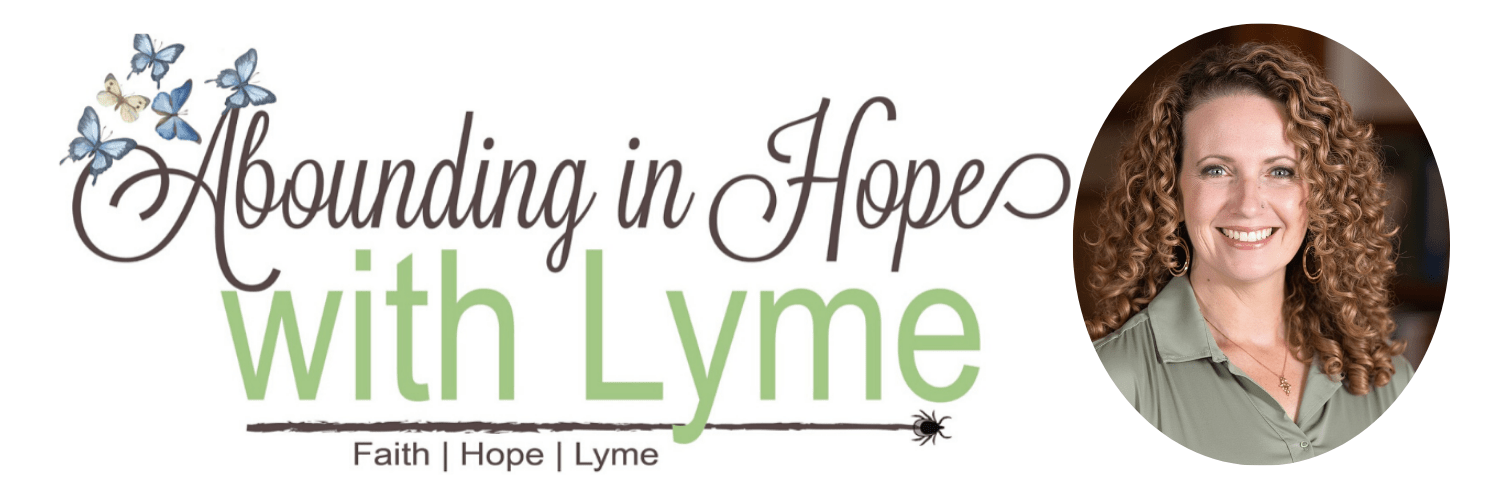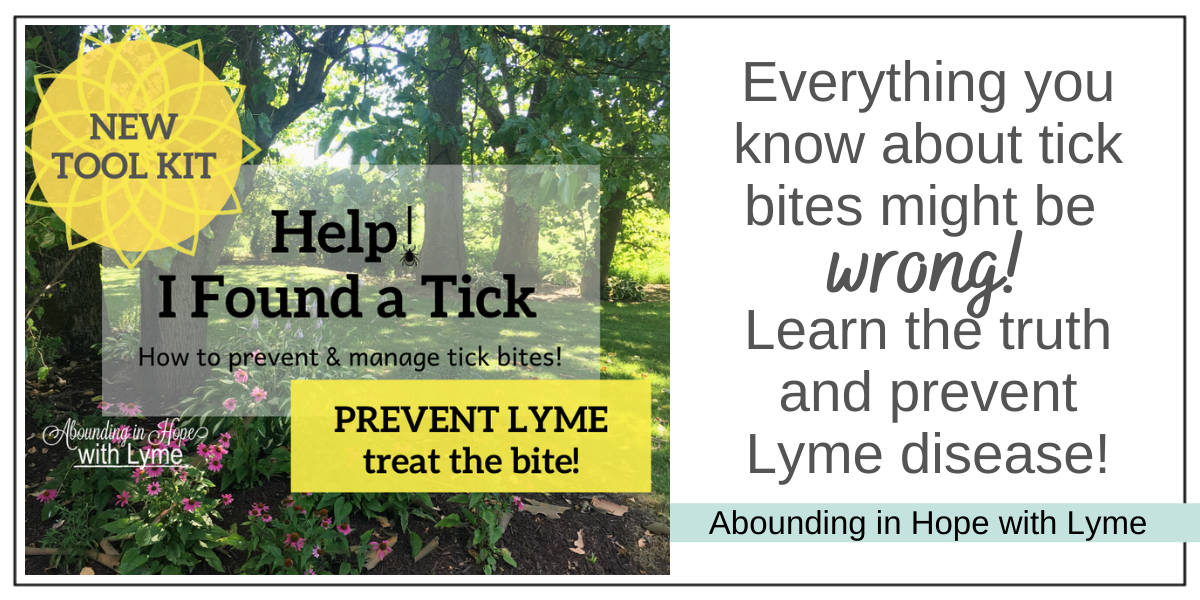Physical exercise is important to everyone but it is vitally important to those who have Lyme disease. You might know this intellectually but quite honestly you’re probably so miserable with your Lyme symptoms that exercising is the last thing on your mind. Maybe you want to get started but you have no idea how or what to do. Maybe you hated exercising before Lyme and you have no desire to start now.
Exercise and Lyme Disease
I loved exercising and playing sports before Lyme disease. I was always active, kept myself fit and enjoyed that time I could invest in myself. Once I got sick with Lyme things changed. My pain was way too much for me to handle and I had a whole family who was also sick with Lyme and I had to take care of them while I was sick.
As my teen daughters pushed themselves to get back to exercising I began noticing that they started to heal much faster. They had setbacks and they had to stop exercising during those times but as soon as they could they were back at it. I was inspired by their determination but I still didn’t put in the effort to do it for myself. Let’s face it, once you stop it’s really hard to get back to it.
Time and health are two precious assets that we don’t recognize and appreciate until they have been depleted. Denis Waitley
Why You Must Exercise
Exercise does so many incredible and wonderful things for the human body. Here are just a few:
- Increases Energy Levels
- Boosts Mood
- Creates Physical Strength, Flexibility, and Endurance
- Reduces your Risk of Heart Disease
- Improves Memory
- Improves Sleep
These are the obvious benefits of exercise but what about for those with a chronic illness like Lyme disease?

How Exercise Benefits Those With Lyme
Detoxifies
Exercise reduces the body’s subcutaneous fatty tissues where toxins are stored. As those tissues are reduced the toxins are eliminated through your organs which are responsible for cleansing the body. It also increases oxygen, opens up the sweat glands, circulates blood, gets those lymph glands moving & shaking, helps the kidneys, digestion, and bowels to work better. Read more here The Detox Specialist
Improves Immune Function
Physical activity helps to flush out bacteria from the lungs and airways, it increases antibodies and increases white blood cells. The temperature rise you experience during exercise helps to fight off unwanted bacteria. Read more here Medline Plus Exercise and Immunity
Lowers Stress, Balances Mood, and Decreases Depression
Exercise reduces stress hormones. Physical activity produces endorphins and we love endorphins because those are the feel-good chemicals that are released when the body is active. Endorphins reduce pain and induce feelings of pleasure. Just as endorphins decrease stress and pain, they also help to balance your mood and decrease depression.
Strengthens the Body
Consistent exercise helps to strengthen your body. Many exercises can help to strengthen your muscles and your bones. Here are 5 Exercises to Strengthen Your Bones
Types Of Exercise You Can Do
When you have Lyme disease the last thing you really want to do is exercise. It is crucial for healing. Dr. Joseph Burrascano wrote in his Treatment Guidelines for Lyme Disease that you cannot get better from Lyme disease without exercising. He recommends starting out with someone trained in physical therapy who can oversee your exercise program to ensure that your form is correct and that you don’t cause injury or overdo it. Dr. Burrascano also recommends resting or napping after exercising. My family has found that taking a shower and resting is very helpful.
Other types of exercise you can try are Yoga, Pilates, Tai Chi, walking, swimming, or rebounding. You can even try online programs like one that Jen Hoffman, at HealthyMoving.com has where she teaches you gentle movement exercises. This is something that I started with just to get moving and get into a routine.
It doesn’t matter what you do to get started other than you do need to take precautions. Don’t overdo it, set reasonable goals, and make sure you stretch like crazy both before and after.
You will notice little improvements at first but as you keep going you’re going to notice that your pain will lessen, you will feel stronger, you can do more and that you will heal more quickly.



Leave a Reply